In order not to apply chemical fertilizers and all kinds of additives, gardeners resort to planting green manure on their plots. This method helps to improve the soil, improve its structure, replenish with minerals. These ground cover plants are also called intermediaries, because they are planted before sowing the main crop, preparing the soil for it. But - the use of green manure has its own nuances that you need to know, otherwise they can harm the crop.
Harvest before flowering
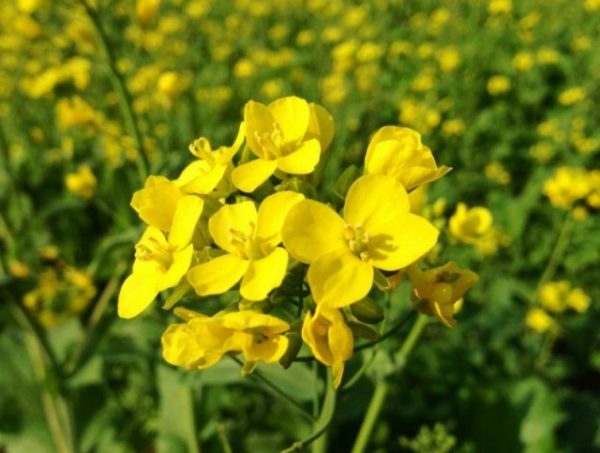
The use of such groundcover plants has many advantages: they loosen the soil with their root system, enrich with minerals, and prevent overdrying of the upper fertile layer. They also have the ability to reduce acidity, bind loose soil, displace weeds from the beds, and clear of fungal diseases.
But - siderats need to be cleaned on time, not allowing flowering. If you skip this period, you can harm the site:
- the seeds disperse, and even after surviving the winter, they survive, grow densely, clog the entire garden;
- overripe plants have hard stems that are poorly decomposed in the soil.
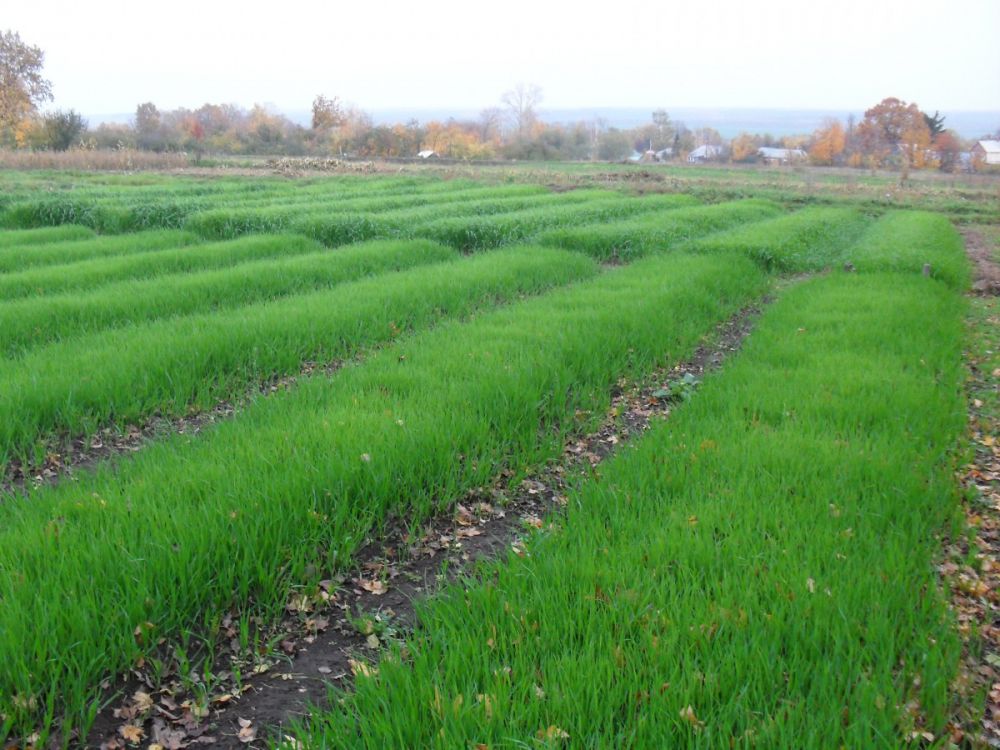 You may be interested in:
You may be interested in:As a result, instead of loose and rich in minerals soil, it turns out that the land is clogged by the root system, unsuitable for growing garden crops. This is the main nuance that must be taken into account in the application of this method in its area. Another point: siderat plants, cut and dried, you can not bury, but simply pour with EM-solution.
Sow in autumn or spring?
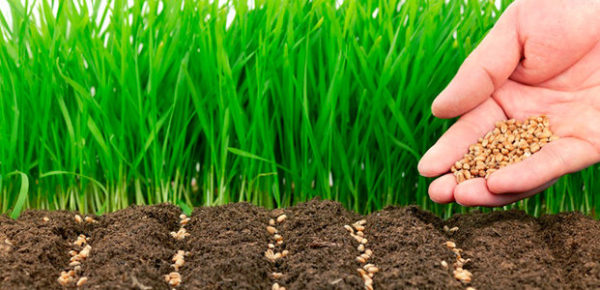
An important point in the use of green manure - they must be sown after harvesting the garden in the fall or in the spring, if this year it is not intended to plant the main crops in the selected area. There are explanations for this: plants must have time to grow up, they need to be mowed, dried, and repaired in the soil. And it also takes time for their processing by soil microorganisms.
So they really will benefit the garden by fertilizing it and loosening it. Some summer residents sow green manure plants in the spring, and they grow valuable carbon dioxide and useful substances from the soil as they grow. Planting crops that came to replace them receive less nutrition, which adversely affects the crop. In addition, they can become carriers of diseases, for example:
- cruciferous flea can be found in mustard;
- wireworm feels good in rye;
- in rapeseed plantations, nematodes breed.
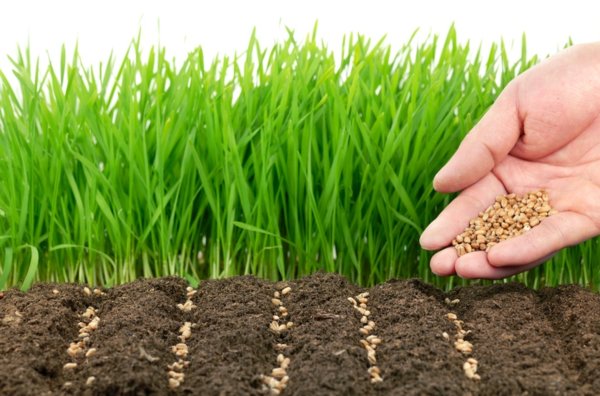 You may be interested in:
You may be interested in:Do not plant densely
It seems to some gardeners: the thicker the planted, the better. This is not true. Such vegetation emits a lot of nitrogen, covering a continuous carpet of soil. Vegetable crops planted after them begin to drive green mass to the detriment of flowering and fruits. Nitrogen is good only for growing herbs: parsley, cilantro, basil, dill. For tomatoes, cucumbers, eggplant - this is an unnecessary and dangerous luxury that reduces the yield.To plant such plants is not dense, and only in cases when the soil is really depleted, you do not want to use chemical fertilizers, and there is a lack of natural organic matter (hay, fallen leaves, straw).
Summing up the results, we find out such moments: green manure is good with proper planting, timely harvesting, digging and planting plant debris in the soil. Then they will benefit the garden, and increase the yield of cultivated vegetable crops.

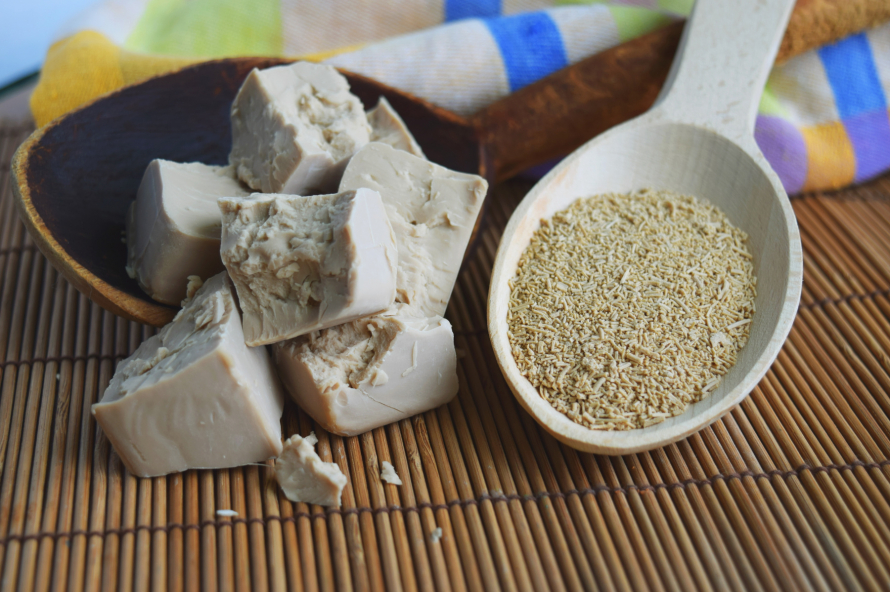
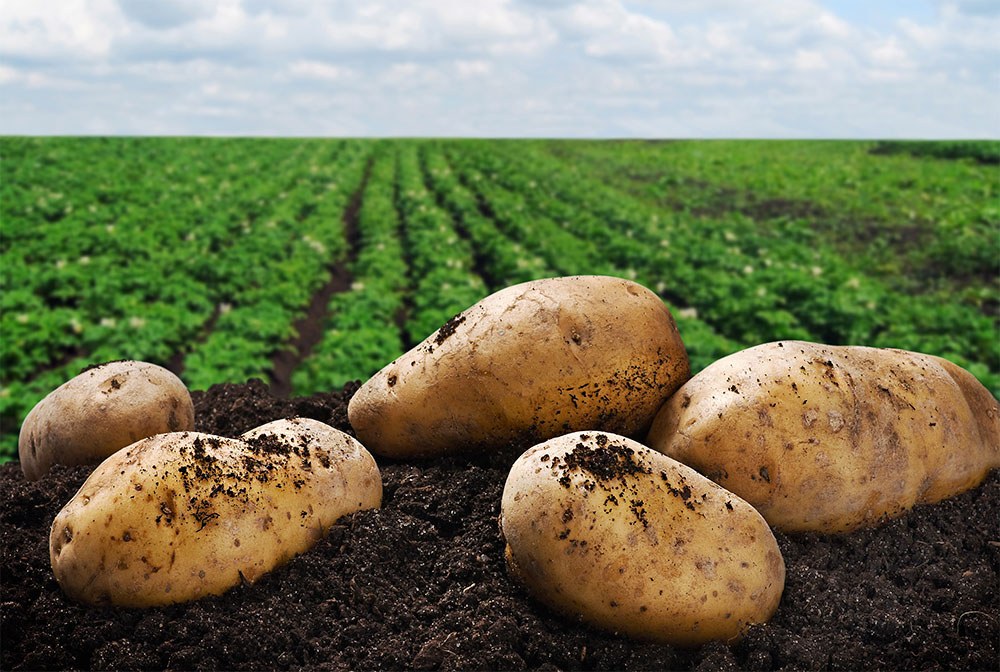
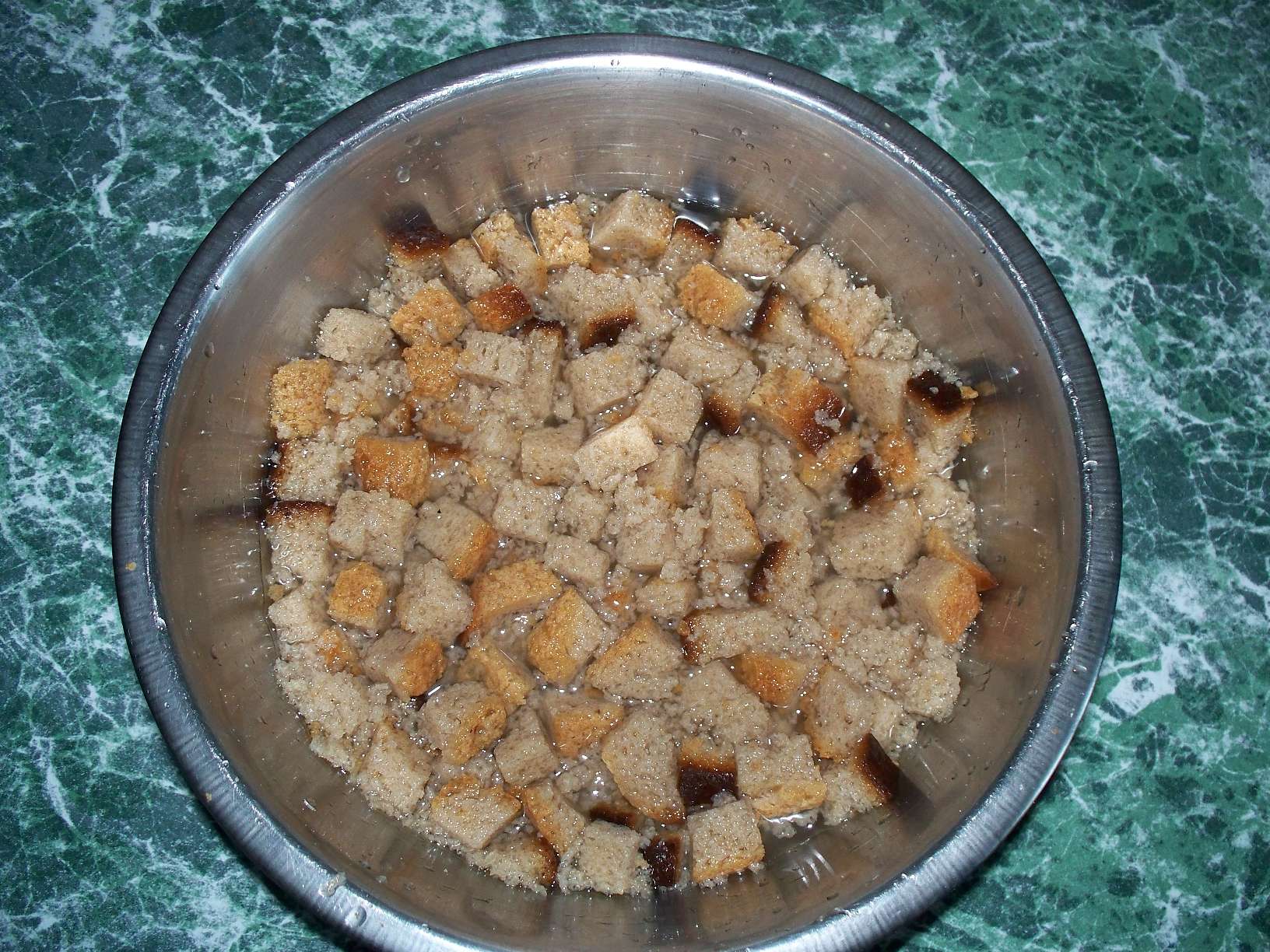
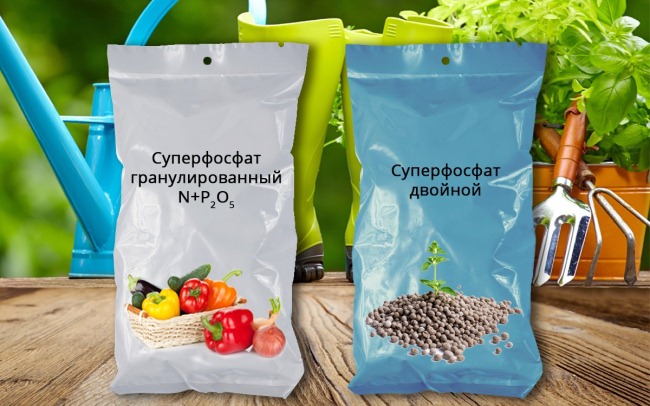 Superphosphate: what is it and how to apply it
Superphosphate: what is it and how to apply it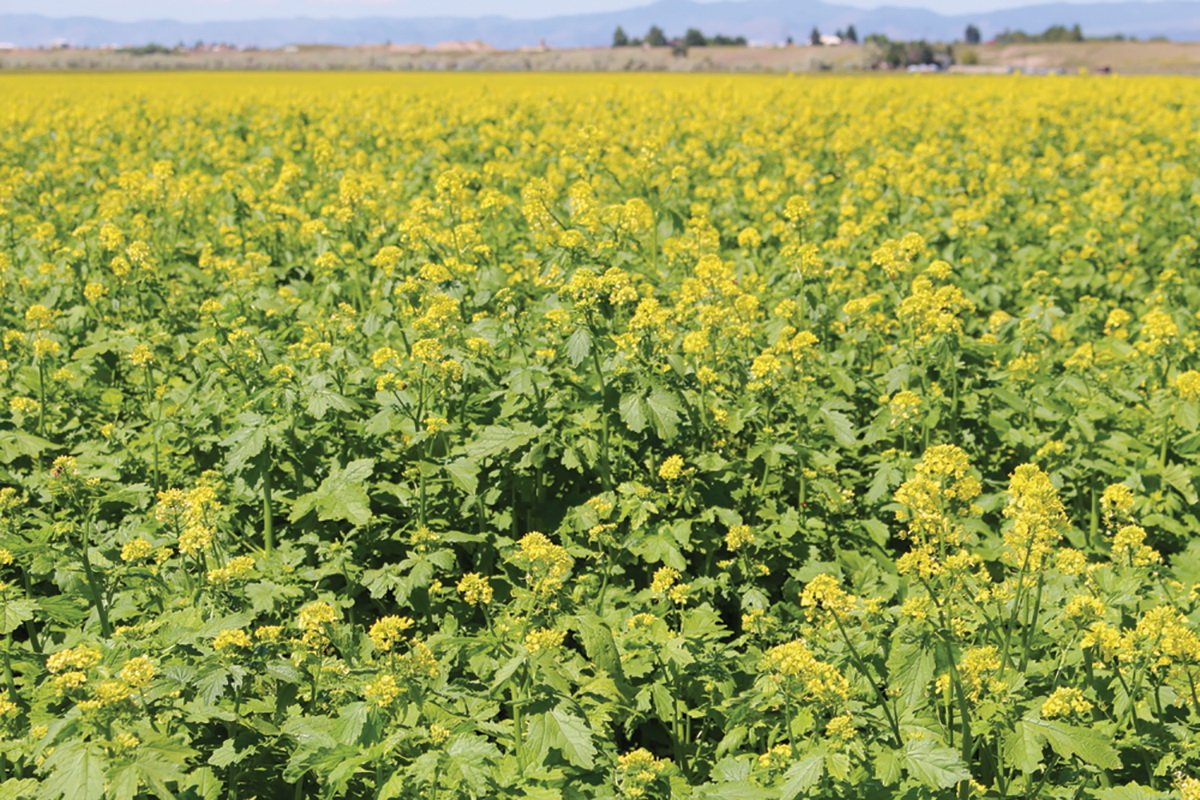 What problems can be expected from siderats?
What problems can be expected from siderats?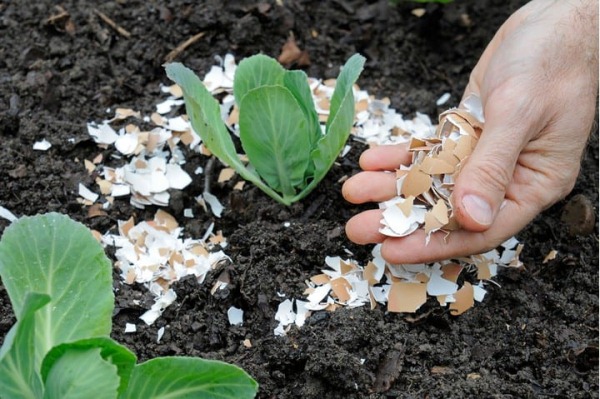 Secrets of the collection, storage and use of eggshells in the garden
Secrets of the collection, storage and use of eggshells in the garden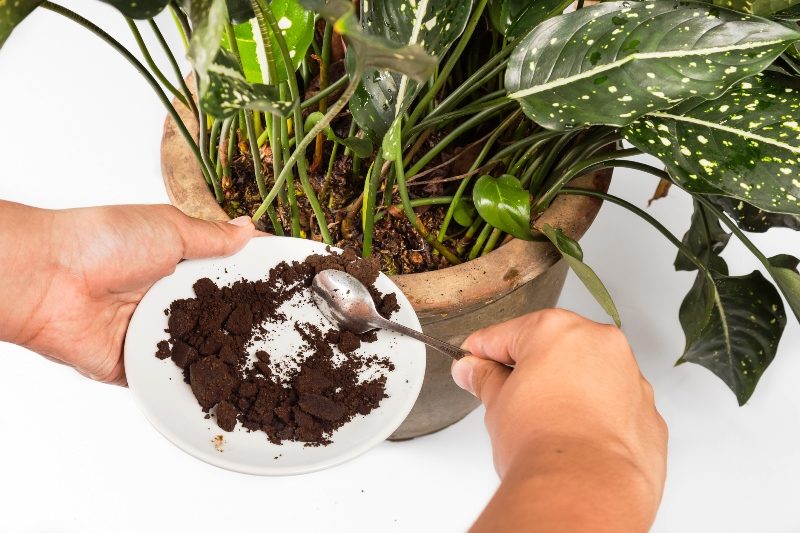 The most popular top dressing for indoor plants
The most popular top dressing for indoor plants